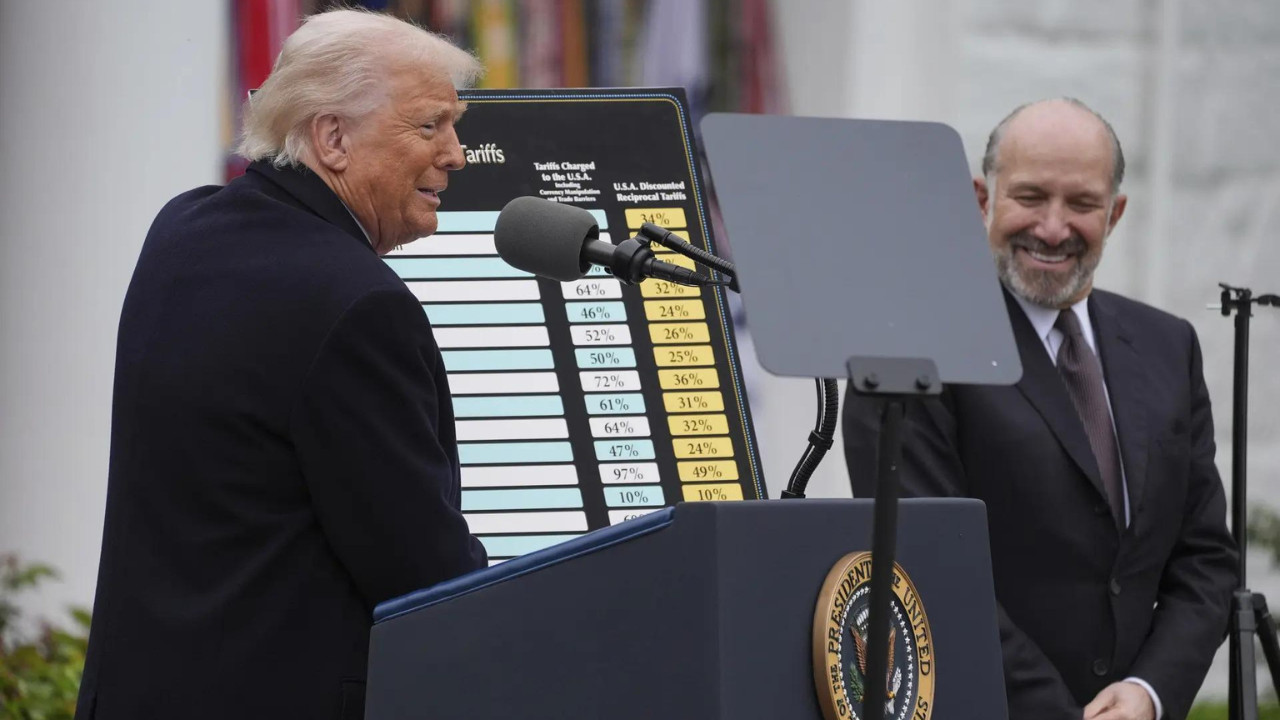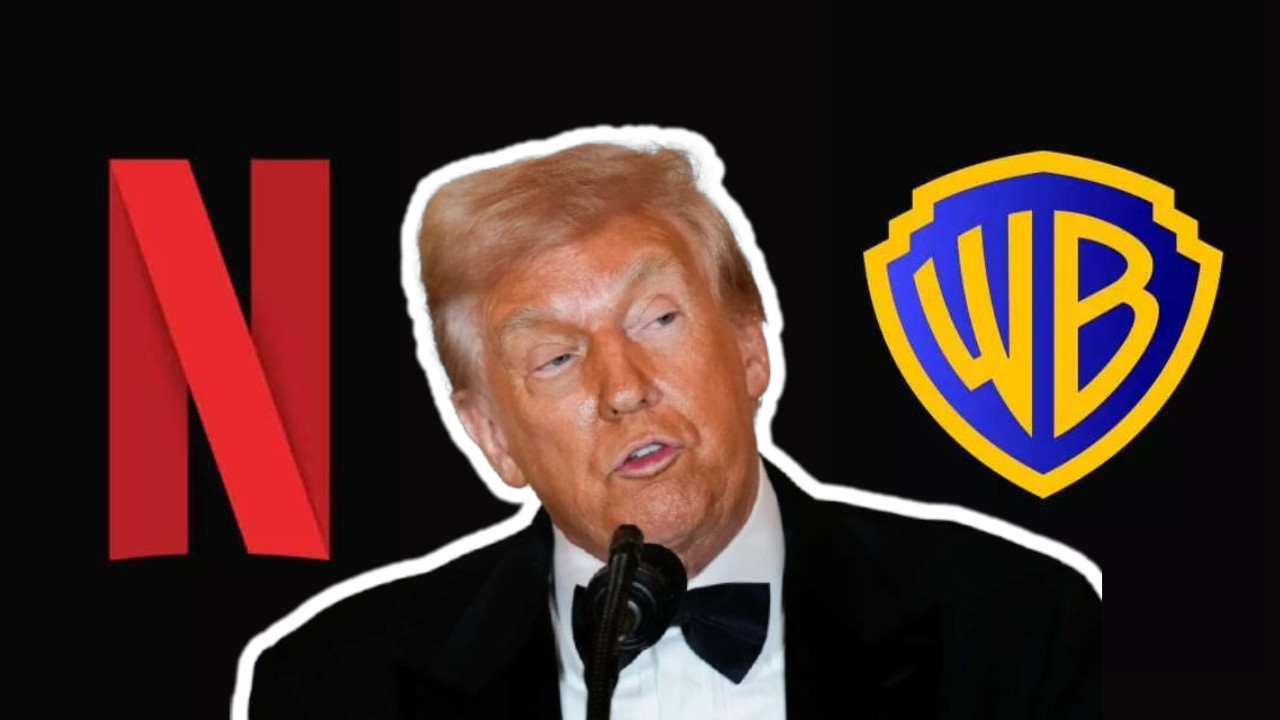The US is Playing Favorites (And India’s Keeping a Close Eye)
So, the word around the trade water cooler is that Uncle Sam might be playing a little bit of favorites when it comes to tariff concessions. India, ever the savvy negotiator, is keeping a hawk-like watch on just how generous the US is feeling towards other countries. It’s a high-stakes poker game, and everyone’s trying to figure out who’s bluffing.
Let’s break down why this matters, and what it could mean for the Indian economy.
Basically, we’re talking about the US doling out preferential treatment to certain nations when it comes to tariffs – the taxes slapped on imported goods. Think of it like this: imagine you’re selling lemonade. You might give your best friend a discount, but charge everyone else full price. That’s essentially what the US is doing, only with millions of dollars (or billions!) worth of goods at stake.
These concessions can come in various forms: reduced tariffs, exemptions on specific products, or even completely free trade agreements. And depending on who’s getting the sweet deal, it can significantly impact the competitiveness of other nations in the US market.
India, obviously, has a vested interest in ensuring a level playing field. After all, it’s a major trading partner with the US, and a huge part of India’s economic growth relies on its ability to export goods and services to the rest of the world. The government doesn’t want to see Indian businesses unfairly disadvantaged because another country is getting a tariff break.
So, what exactly is India keeping an eye on? Well, it’s not just a general vibe check. It’s a detailed, item-by-item analysis of every single tariff concession the US grants to any country. Think of it as a meticulous detective, poring over the fine print of trade agreements, searching for any clauses that might give competitors an unfair edge. They’re looking at things like specific product categories, the duration of the concessions, and the countries involved.
Why all the scrutiny? Because these seemingly small differences can have a ripple effect throughout the economy. If the US gives a preferential tariff to, say, Vietnam on textiles, then Indian textile manufacturers suddenly find themselves at a disadvantage. They have to either lower their prices (which cuts into their profits) or risk losing market share to the cheaper Vietnamese imports. It’s a real-world impact that can affect jobs, investments, and overall economic growth.
This isn’t just about protecting Indian businesses from unfair competition, although that’s certainly a big part of it. It’s also about maintaining a fair and transparent global trading system. If one country consistently gives preferential treatment to certain nations, it can distort trade patterns and undermine the principles of free and fair trade.
The potential consequences of these US concessions are multi-faceted. Reduced competitiveness for Indian exporters is the most direct hit, as mentioned. But beyond that, it can also impact investment decisions. If Indian companies see that they’re at a disadvantage in the US market, they might be less likely to invest in expanding their production capacity or developing new products.
Furthermore, it could trigger a chain reaction where India feels compelled to seek similar concessions from other countries, leading to a complex web of bilateral agreements and potential trade wars. Nobody wants that.
The Indian government likely has a few strategies in mind. They could engage in diplomatic negotiations with the US, arguing for fairer treatment for Indian businesses. They could also file a complaint with the World Trade Organization (WTO), alleging that the US concessions violate international trade rules. Or, they could explore alternative export markets, diversifying away from the US and reducing their reliance on a single trading partner.
Frankly, this is a situation that requires a delicate balancing act. India needs to protect its own interests, but it also needs to maintain a strong and cooperative relationship with the US. It’s a relationship that’s vital for both economic and strategic reasons.
Ultimately, the outcome of this tariff watch remains uncertain. However, one thing is clear: India is not going to sit idly by and watch its economic interests be eroded. The government is taking a proactive approach, carefully monitoring the situation and preparing to take action if necessary.
And as consumers, investors, and citizens, we all have a stake in the outcome. A fair and equitable global trading system is essential for sustainable economic growth and prosperity for everyone. So, keep an eye on those trade winds – they could be shifting in ways that impact us all.
📬 Stay informed — follow us for more insightful updates!







